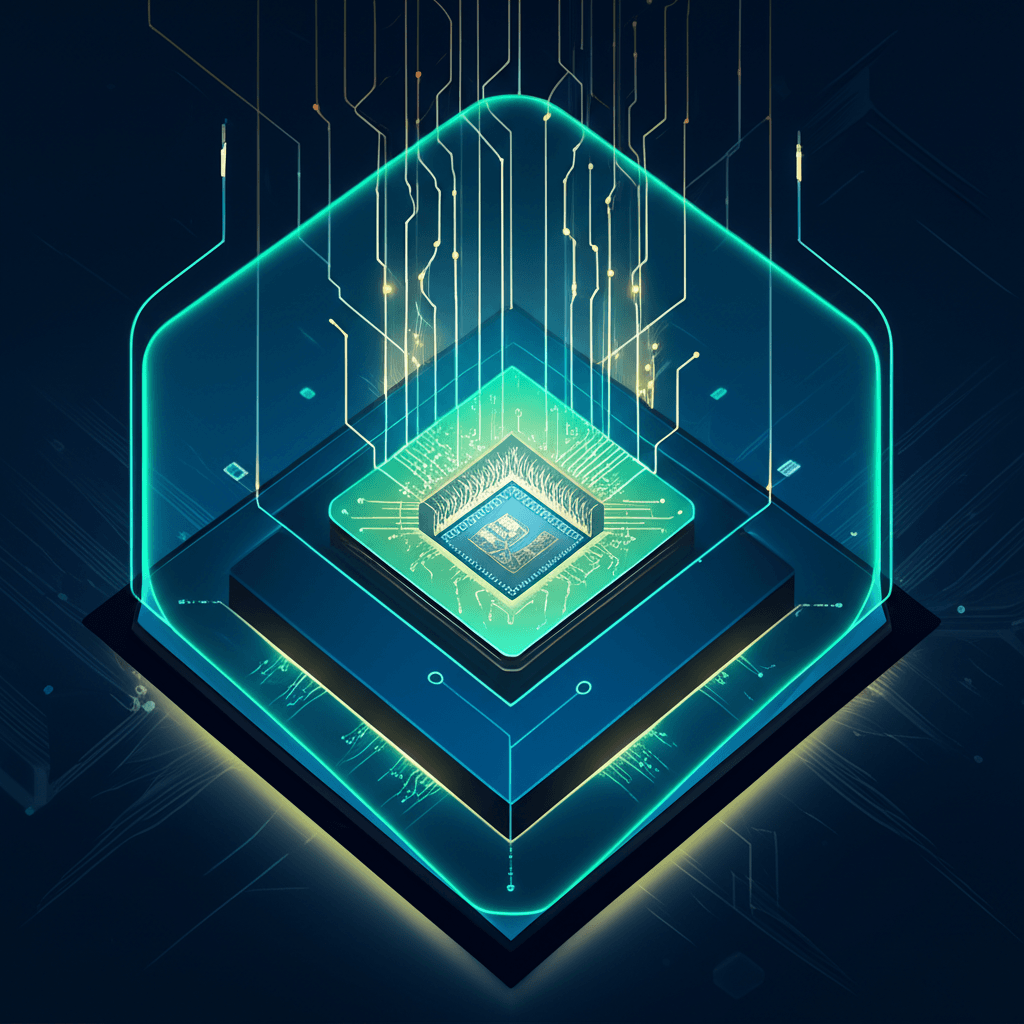India launches pioneering ethical AI tools on national AIKosh portal.
Beyond policy, India unleashes responsible AI solutions on AIKosh, building an ethical ecosystem for societal transformation.
June 5, 2025

India is poised to take a significant step in operationalizing its commitment to ethical artificial intelligence with the planned launch of four responsible AI (RAI) solutions on its national AI portal, AIKosh, starting from September. This development is part of the broader IndiaAI Mission, a comprehensive government initiative aimed at fostering a robust and responsible AI ecosystem within the country. The initial set of tools will focus on critical aspects of RAI, including machine unlearning, bias mitigation, risk assessment, and fairness assessment, signaling a move from policy formulation to practical implementation of AI governance frameworks.[1][2][3][4] These solutions are among eight RAI projects currently under development, designed to provide robust guardrails for the ethical development, deployment, and adoption of AI technologies.[5][1]
The AIKosh platform, launched in March 2025 under the IndiaAI Mission, serves as a central repository for AI-related resources, including datasets, models, and use cases, aiming to democratize AI innovation.[5][6][7][8] It functions as a unified data platform, integrating datasets from various existing platforms and onboarding non-government data contributors, thereby providing a rich foundation for AI development.[5][6] AIKosh, a Sanskrit term meaning "treasure of knowledge," is designed to be a single point of reference for individuals, researchers, and industry professionals seeking information and resources related to AI in India.[5][8] The platform already hosts over 350 datasets and nearly 150 AI models, including Large Language Models (LLMs) and Small Language Models (SLMs).[9][10] The Ministry of Electronics and Information Technology (MeitY), in partnership with the National e-Governance Division (NeGD) and NASSCOM, developed the National AI Portal (indiaai.gov.in), of which AIKosh is a critical component.[5] The government has emphasized that datasets on AIKosh will not be available for monetization, underscoring its focus on fostering AI development for public good rather than commercial exploitation of data.[9][10]
The impending launch of the four RAI solutions on AIKosh underscores India's proactive approach to addressing the ethical challenges associated with artificial intelligence.[1][2][8] These tools are intended to help developers and organizations build and deploy AI systems that are fair, transparent, accountable, and privacy-preserving.[8] For instance, bias mitigation tools will help identify and rectify biases in AI models, ensuring equitable outcomes across diverse demographics.[1][2][8] Machine unlearning capabilities will allow for the removal of specific data or learned patterns from models without retraining them entirely, a crucial feature for privacy and correcting errors. Risk and fairness assessment tools will provide frameworks to evaluate the potential negative impacts of AI systems and ensure they operate within ethical boundaries.[1][2] While these four solutions are expected to go live between September and December, other RAI tools, such as those for deepfake detection and watermarking AI-generated content, are still under development, with over 400 applications received for their creation.[1] The government aims to make all such RAI tools open-source, fostering wider adoption and collaboration.[1] This focus on responsible AI aligns with India's National Strategy for Artificial Intelligence, first outlined in 2018, and subsequent policy documents emphasizing "AI for All" and the importance of ethical AI practices, including transparency, accountability, and fairness.[11][12][13]
Beyond the RAI solutions, the IndiaAI Mission, backed by an outlay of ₹10,372 crore over five years, encompasses several other critical pillars aimed at building a comprehensive AI ecosystem.[1][2][3] These include the IndiaAI Compute Capacity, IndiaAI Innovation Centre, IndiaAI Datasets Platform (AIKosh), IndiaAI FutureSkills, and IndiaAI Startup Financing.[1][2] As part of the IndiaAI Application Development Initiative, the government also plans to make 30 AI projects available as "try models" within a month.[1][2] These projects span critical sectors such as healthcare, agriculture, climate change management, governance, and support for learning disabilities, demonstrating a commitment to leveraging AI for societal impact.[1][2][14][15][16] The initiative invited proposals from innovators, startups, non-profits, and academic institutions, receiving over 900 submissions for these application development projects.[1][16] The government's strategy involves not just fostering indigenous AI development, exemplified by the selection of startups like Sarvam AI, Soket AI Labs, Gnani.ai, and Gan.ai to build LLMs tailored to Indian needs, but also ensuring the necessary infrastructure, such as GPU availability, is in place.[2][3] The recent release of 16 diverse and culturally significant datasets by IIT Bombay on AIKosh, as part of the BharatGen initiative, further enriches the resources available for building India-centric AI models.[17][18] These datasets include handwritten and printed Indian scripts, multilingual audio data, and resources designed to interpret visual and spoken inputs from Indian environments.[17]
The concerted efforts to launch responsible AI tools and promote application development reflect India's ambition to become a global leader in AI, not just in terms of innovation but also in establishing ethical standards.[19][20] By providing open-source tools for bias mitigation and fairness assessment, India aims to empower its burgeoning AI startup ecosystem and research community to build AI solutions that are not only technologically advanced but also socially responsible.[1][2] The focus on sectors like healthcare, agriculture, and governance indicates a strategic direction towards using AI to address specific national challenges and improve public service delivery.[1][2][15] For instance, AI-powered diagnostic tools are being developed for cervical cancer screening and glaucoma detection, particularly for underserved areas.[21] The integration of AI-driven language technologies is expected to enhance public service accessibility and grievance redressal.[15] As these responsible AI solutions and applications become available on AIKosh, they are expected to catalyze further innovation and adoption of AI across various industries, potentially setting a precedent for other nations grappling with the ethical implications of this transformative technology.[1][2][11][8] The emphasis on creating indigenous tools and frameworks, alongside collaborations with international bodies like UNESCO on AI readiness assessments, highlights a comprehensive approach to building a trustworthy AI ecosystem.[5][22]
Sources
[2]
[3]
[5]
[7]
[10]
[11]
[14]
[15]
[16]
[18]
[20]
[22]